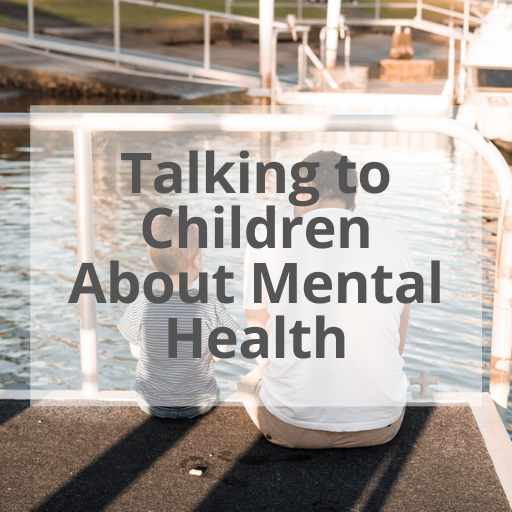Talking about our mental health is challenging, regardless of age, but it is especially difficult for children and young people.
However, just as it is a challenge to talk about our own mental health, it can also be difficult approaching the subject of your child’s mental health difficulties. Ensuring you go about it in a healthy and effective manner can have huge consequences on how helpful your input is.
Below are some of key tips, based on our model of care, for discussing and understanding a young person’s mental health:
- Perhaps, one of the most important points is to try to understand and respect what they are feeling.
- Have no expectations and make no assumptions, we are all feel things differently, and thus our reactions can vary.
- Make sure you are sat with them at the same level, or lower if need be, as towering above someone can be intimidating.
- Listen carefully, exercise patience and give your full attention, as this will aid a child in feeling comfortable to open up.
- Encourage them to think critically and work through their challenges with your assistance.
- Steer away from confrontational questions, such as ‘did you harm yourself?’ and instead focus on how they are feeling.
- As well as considering what you’re saying, it is also important to focus on positive body language.
- Make sure you validate their feelings, for example, if talking about their gender identity issues, you may say; “I understand that this must be really difficult for you.”
- Don’t react to angry outbursts*; for young people who are still learning to regulate their emotions, sadness or frustration may come out as anger (*within reason).
- Lastly, practice what you preach and take the time to be honest about your own feelings (at appropriate times).
Taking the time to talk to a child or young person about how they are feeling using our tips will allow them to feel validated and understood, having a positive impact on their journey to recovery.

